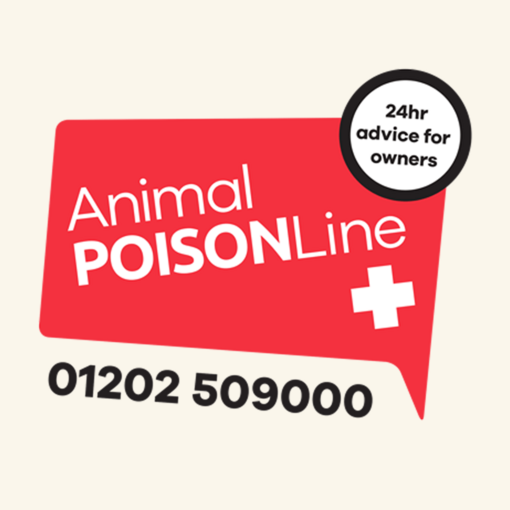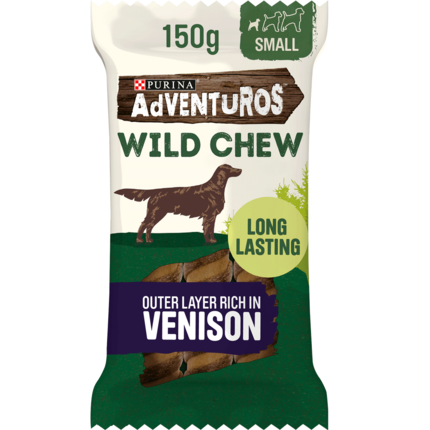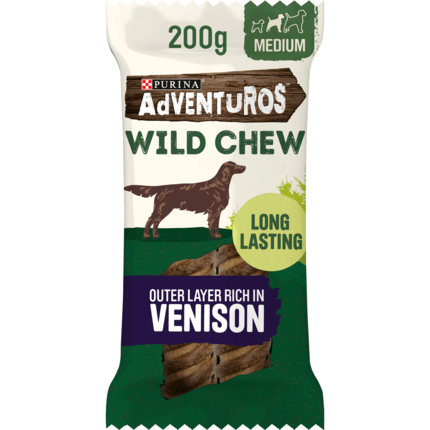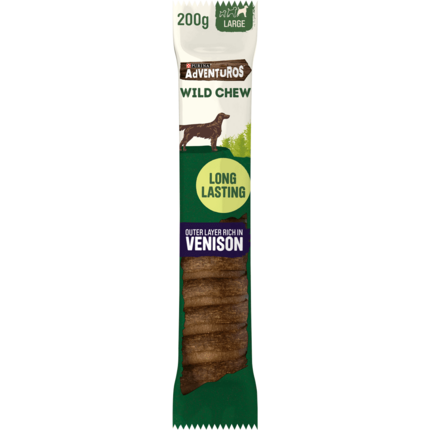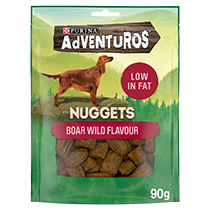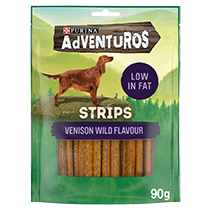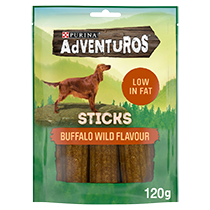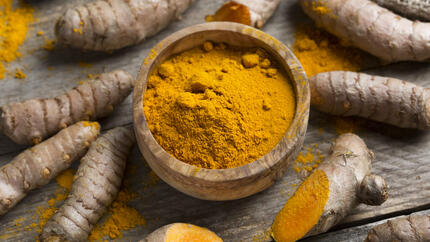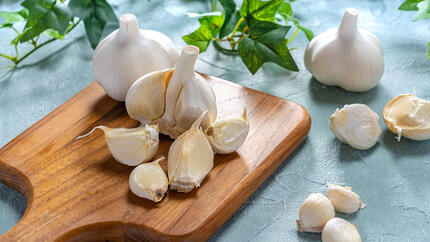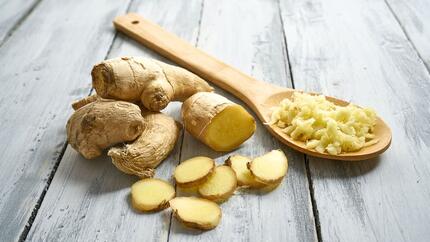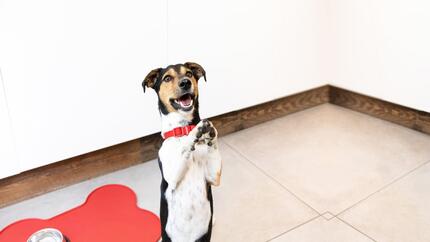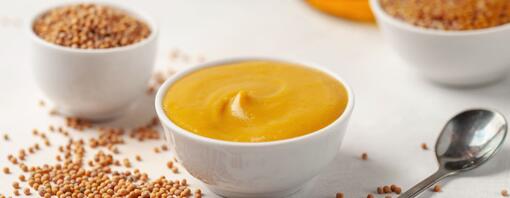
Mustard is a popular condiment that’s often slathered onto burgers and hot dogs at barbecues and is prized for its flavours that range from sweet to spicy.
When you’re munching on your food covered in this tasty topping you may wonder, can my dog eat mustard on a burger or lick the mustardy leftovers on my plate?
Keep reading to find out all you need to know about dogs and mustard.
Can dogs eat mustard?
No, you should never give your dog mustard, even if it is just a small amount on some table scraps, as it’s toxic for dogs. If they happen to lick a small bit off your plate, it’s unlikely to cause a problem, but if they have a large amount, it could cause a serious issue. All types of mustard should be avoided, including homemade mustard, wild mustard, English mustard, Dijon mustard, honey mustard, yellow mustard, and mustard powder.
Why is mustard so bad for dogs?
The reason why mustard is so bad for dogs is because it contains mustard seeds. Mustard seeds contain toxic compounds which can lead to gastroenteritis in dogs (inflammation of the stomach and/or intestinal tract). Additionally, supermarket-purchased mustard may contain other ingredients which could be harmful for your dog to consume.
Signs of mustard poisoning in dogs
If your dog has eaten mustard they may experience a negative reaction, so keep an eye out for the following symptoms:
- Loss of appetite
- Drooling
- Vomiting
- Diarrhoea
- Abdominal pain
If you notice any of the above signs, contact your vet as soon as possible. It’s also worth noting that smaller dogs will need to eat less to experience a negative reaction than larger dogs.
Now you know the answer to ‘can dogs eat mustard’! Want to find out more about the foods your canine can and can’t eat? Learn if dogs can eat honey, next.


